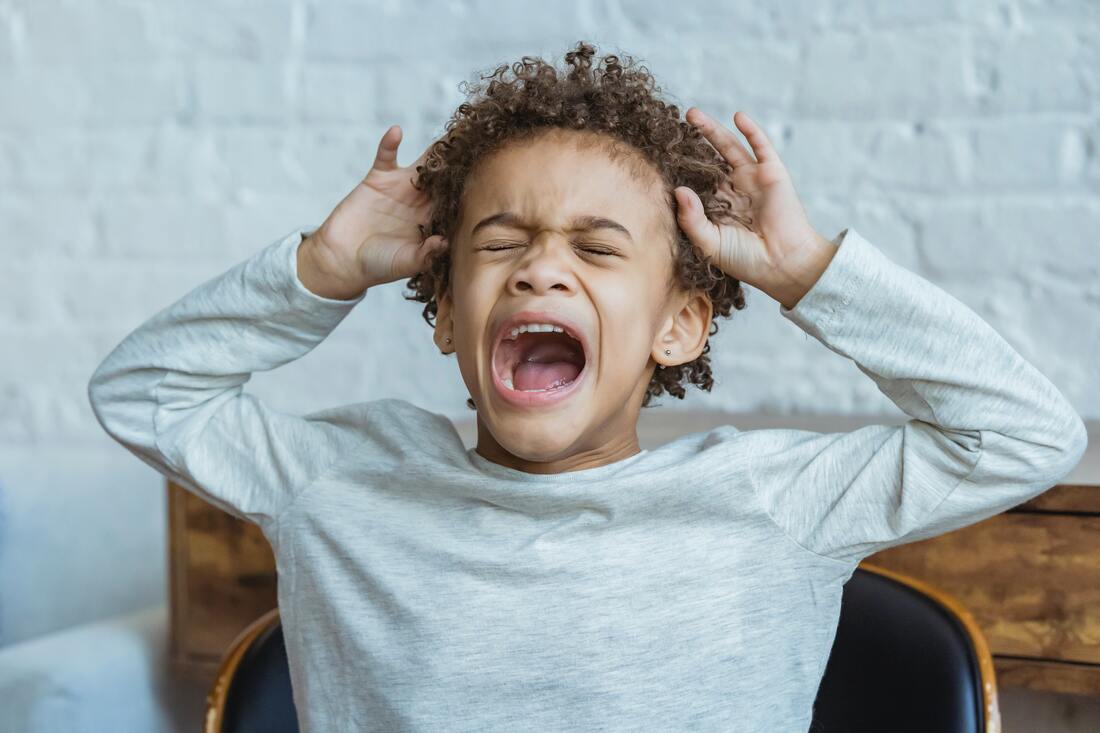|
Handling meltdowns of kids of any ages whether toddler years, childhood years and even into teen years. Emotions can become overwhelming even for adults and we can have our mini-tantrum or meltdown. For kids it can be even more dysregulating as their prefrontal cortex only starts to develop and mature around the age of 2-3 and does not reach maturation until the teen years and up until age 25 which an article from the National Library of Medicine speaks to. With this in mind children need us as parents to show up with empathy and limits, and to be able to regulate ourselves which in turn helps children to build self-regulation as they are mirroring our nervous system. Some parents need additional help with this and that's okay, I provide this support to parents.
Here are four tips to try next time your child is having a meltdown: 1. Pause button. Pause yourself, notice if you are in the best mindset to handle this situation (if in your mind you are screaming not this again probably a good idea to take two breaths before dealing with the situation at hand if there is no immediate safety concern). 2. Breathe. Breathing completely changes your nervous system. Taking two to four breaths can have a huge impact on how you can show up with empathy, and to be present with your child to understand what is happening for them so you can reflect this back to them. 3. Empathize. With trying to understand them, you are able to empathize and validate how they are feeling. Typically when someone feels heard and validated there emotions settle down. For example if your child is 4 you could say "you are having a really hard time sharing your favourite toy, I imagine you are feeling angry about sharing and want it back. " If you are wrong about any pieces, they will tell you and this allows you to understand them further so don't get hung up on getting it all right. 4. Set Limit and/or Problem Solve. Most times a meltdown requires a limit. For example if your child was angry about sharing, after empathizing you set your limit about the rule with sharing, and you can also encourage your child to use their words to tell the other child who has the toy they want if they are done using it or if they can have a turn when they are done.
0 Comments
Leave a Reply. |
AuthorI am a Registered Psychotherapist and Art Therapist. And I have been writing this blog since May 2021 about various topics including parenting, supporting adult and child mental health, and holistic approaches. The intention of this blog is to provide resources and information to others, however it is not intended to take the place of therapy. If you have any questions about anything written please reach out to me. Archives
March 2024
Categories |
Telephone |
|


 RSS Feed
RSS Feed